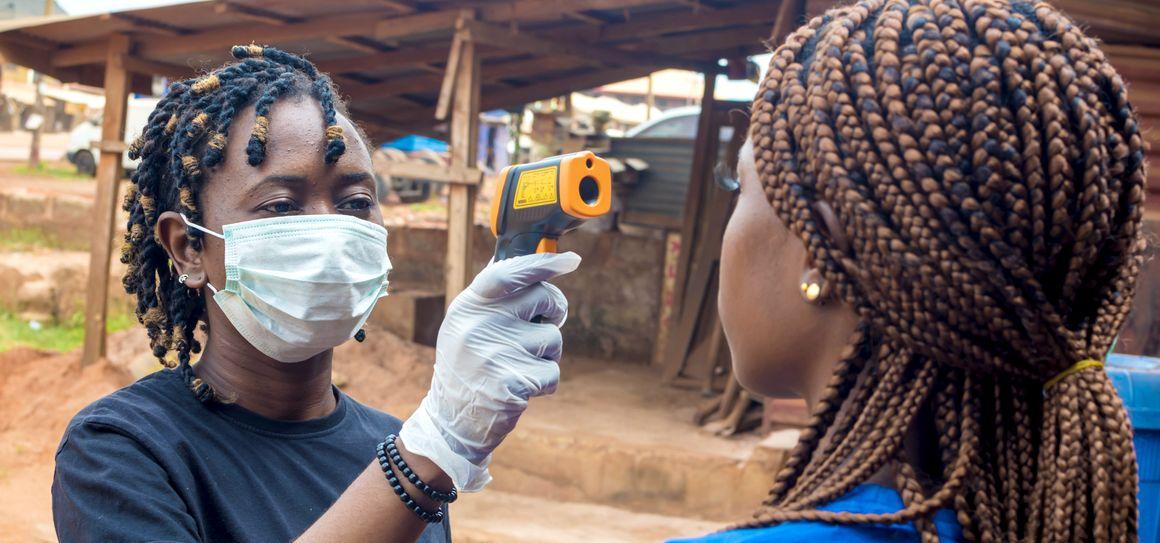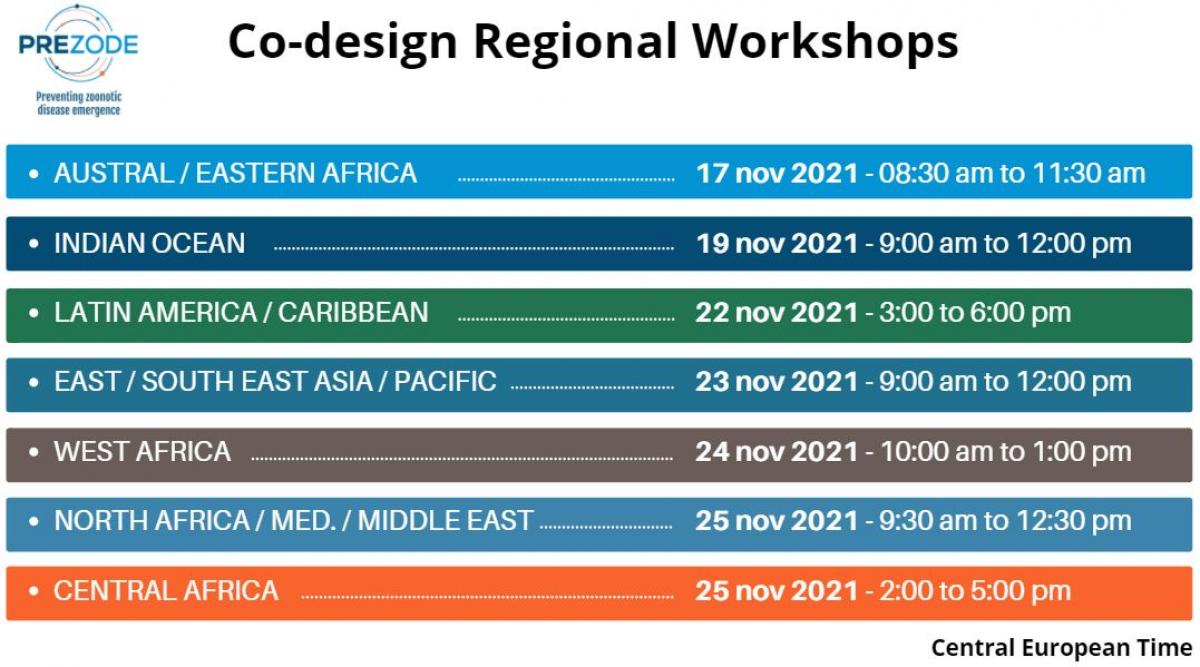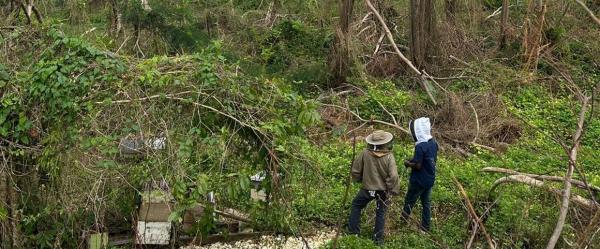Science at work 14 January 2026
- Home
- CIRAD news
- News
- PREZODE | Co-development for epidemics prevention
PREZODE | Co-development of a global initiative for the prevention of epidemics

The goal of PREZODE is to improve monitoring and early warning systems throughout the world in order to prevent pandemics © AdobeStock/Courage
Prevention is better than cure. The meaning of this saying has become very clear during the COVID-19 pandemic. This is also the spirit in which the PREZODE initiative, PREventing ZOonotic Disease Emergence, was launched last January by French President Emmanuel Macron with the support of the European Commission and in connection with the Food and Agriculture Organization of the United Nations (FAO), the World Health Organization (WHO) and the World Organisation for Animal Health (OIE).
Prevention is 100 times less costly than controlling future pandemics.
An agenda co-developed with 1 000 contributors from 130 countries
Initiated and structured by CIRAD, INRAE and IRD, PREZODE brings together 1 000 contributors from 130 different countries. This community of countries, scientific organisations and non-governmental organisations will work together through joint research programmes and operational activities.
To date, 70 institutions from all over the world have signed the PREZODE Declaration of Intent.
Preventive solutions must be defined by and for the local communities at highest risk from emerging diseases.
A key goal of PREZODE is the co-development of its strategic research agenda with all of the stakeholders involved in the prevention of emerging risks: health sectors (animal, human and environmental), scientists, field operators, decision-makers and private and public sector actors.
From problems to solutions via impact pathways
The co-development of the PREZODE strategic agenda comprises three phases and follows a methodology inspired by ImpresS ex ante. The goal is to develop impact pathways with actors in the field in order to co-design action research activities. To do so, a series of regional workshops has been organised since June with local actors to generate impact pathways in line with local realities. According to Marisa Peyre, an epidemiologist and CIRAD’s coordinator for PREZODE, “mobilising local actors in the preparatory phases also makes it possible to involve them and to count on them in the implementation of future projects”.
Three phases of regional workshops
In June 2021, the objective of the workshops in the first phase was to imagine, in seven regions of the world, a vision of a future free from the risk of pandemics, to which PREZODE will contribute. The major obstacles currently preventing us from achieving these visions were then identified, as well as the root causes of these obstacles. “This is known as a problem tree. The end goal is to break down the major problems in order to find several small solutions to resolve them”, says Marisa Peyre.
In September, these joint efforts continued with the identification of the changes required to implement these solutions, as well as the actors concerned. “The key question to be asked is ‘who needs to do what differently?’. This then helps to understand which actors can also indirectly influence these changes”.
This November, the third and final series of regional level workshops begins. “We will look at the required changes identified to finalise the categorisation of actors concerned. We will go on to examine the obstacles to the implementation of these changes: are the actors willing and able to act and do they know how to proceed? We will then do the same for the research activities and innovations to be developed in order to support these changes”, says Marisa Peyre.
A process channelled down to the local level
The final goal of these workshops is to produce a co-developed definition of the strategies and tools needed to bring about lasting change and to thereby achieve a desired future. “The approach will be channelled from the regional to the national level and then down to the local level to identify the activities to be conducted and to ensure the development and adoption of innovations designed directly by the actors who will use them”, adds Marisa Peyre.
These workshops will also result in a roadmap for the implementation of this scientific strategy in the different regions. This roadmap is necessary and essential, first to ensure that the activities defined in the context of PREZODE adequately reflect the needs of the regions and countries and, second, to mobilise the international donors concerned by the initiative and to invite them to support the PREZODE
Seven PREZODE workshops in November
CIRAD is coordinating, leading and analysing the workshops organised in seven regions of the world, of the total 11 PREZODE workshops. Below are the dates and times of the regional workshops this November. Information and registration on the PREZODE website.




























